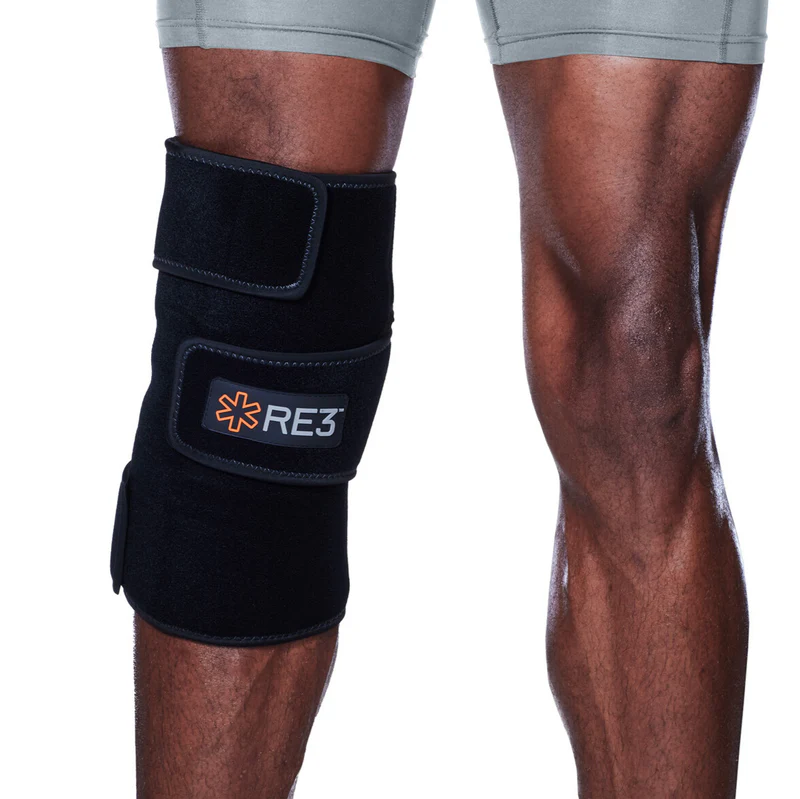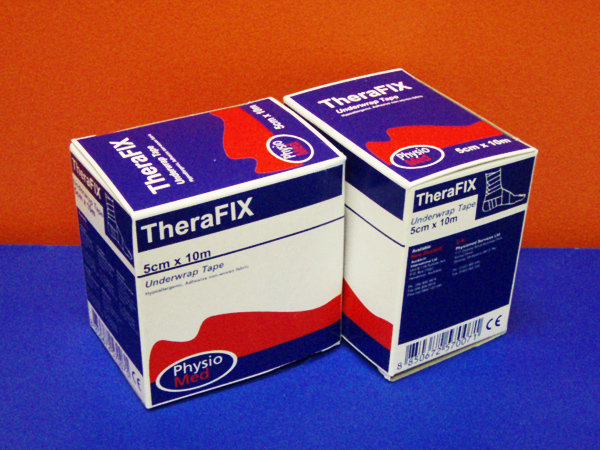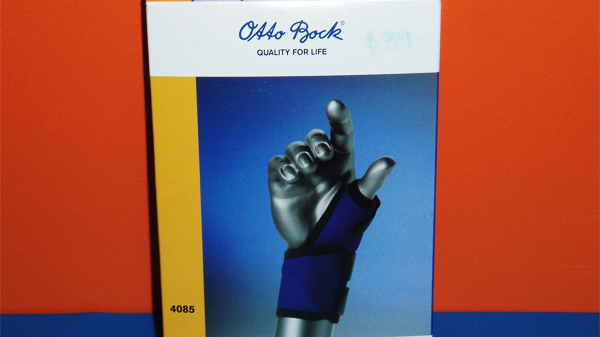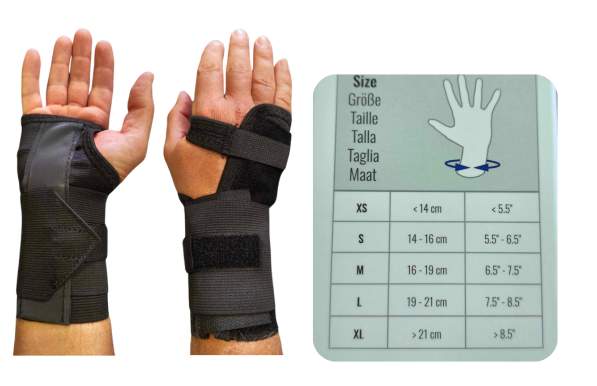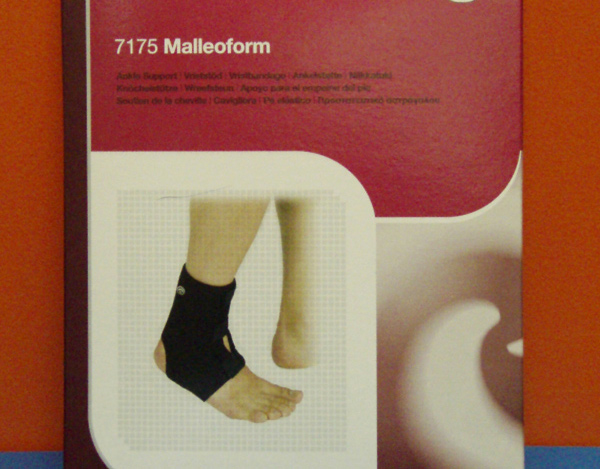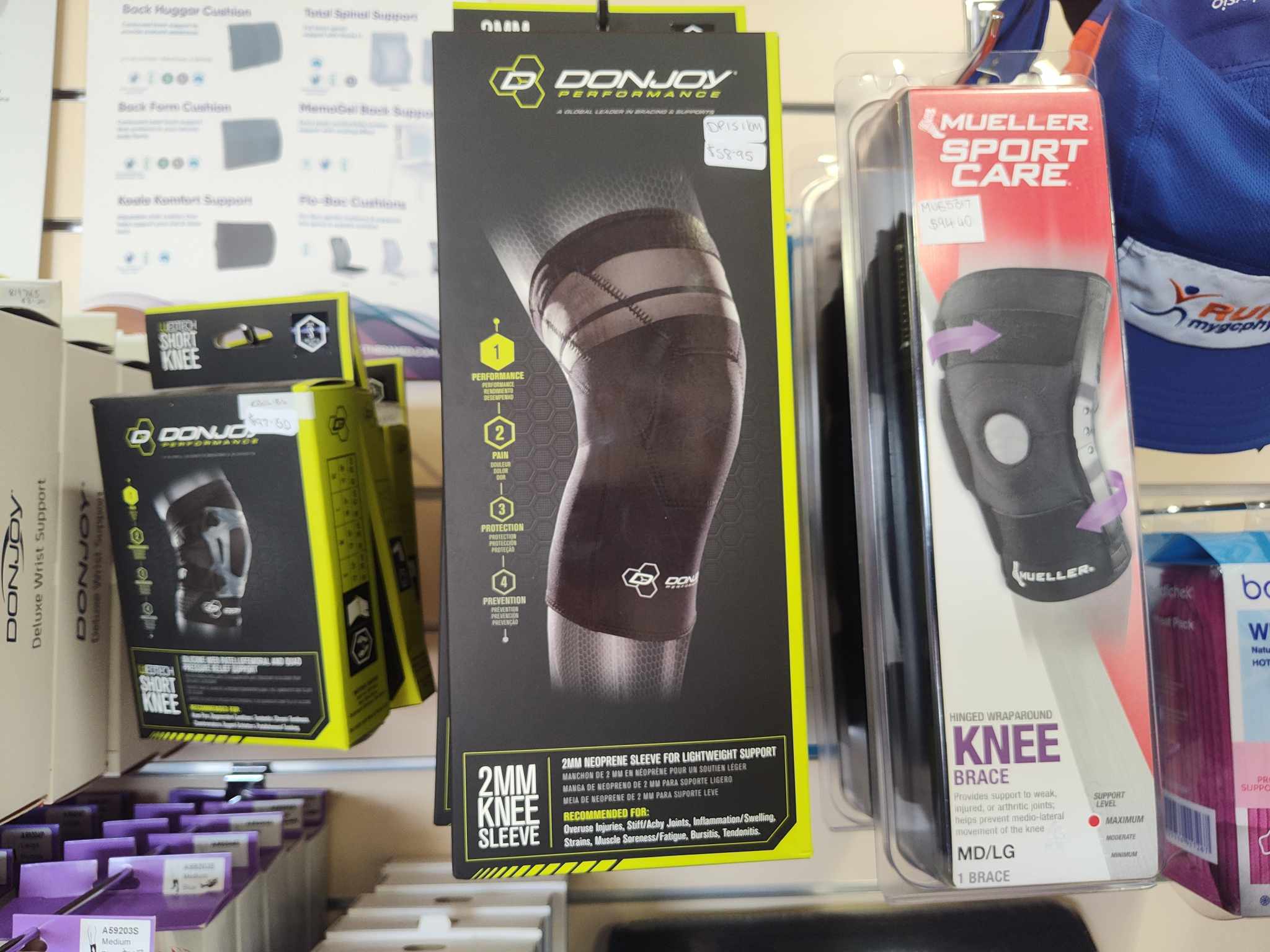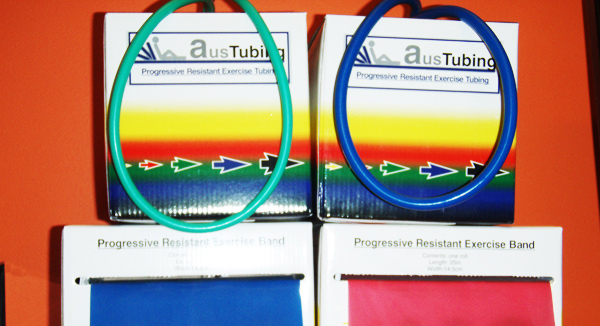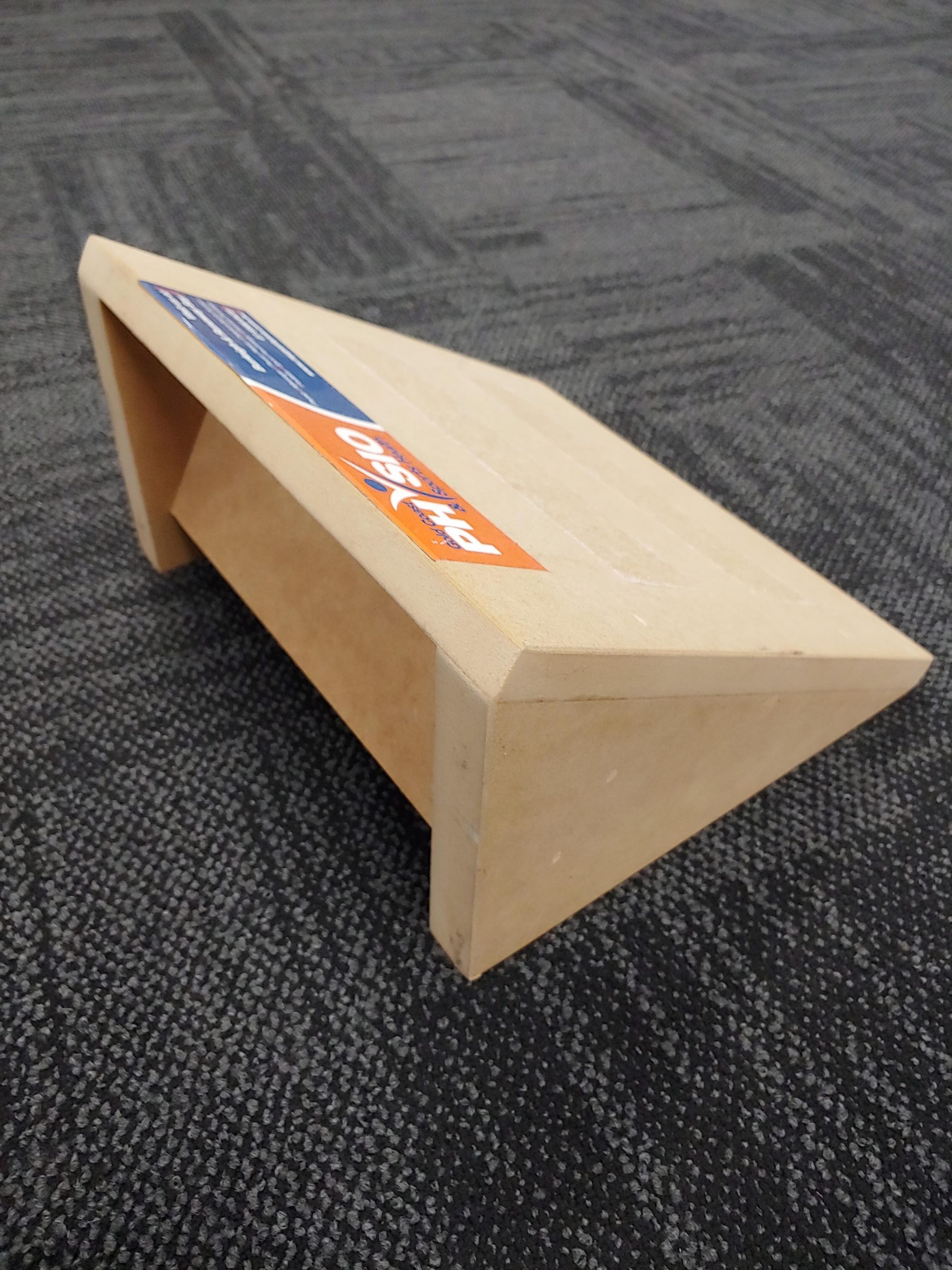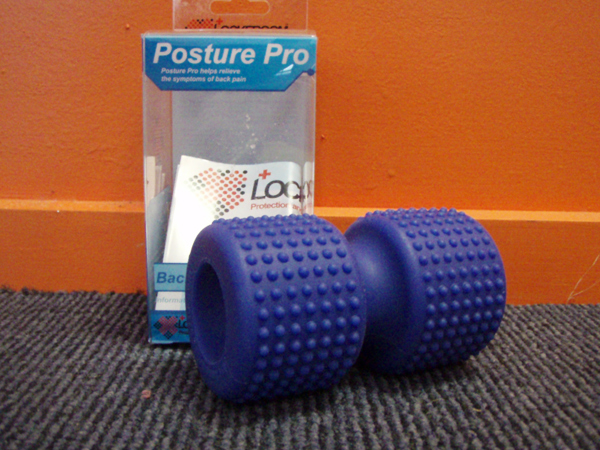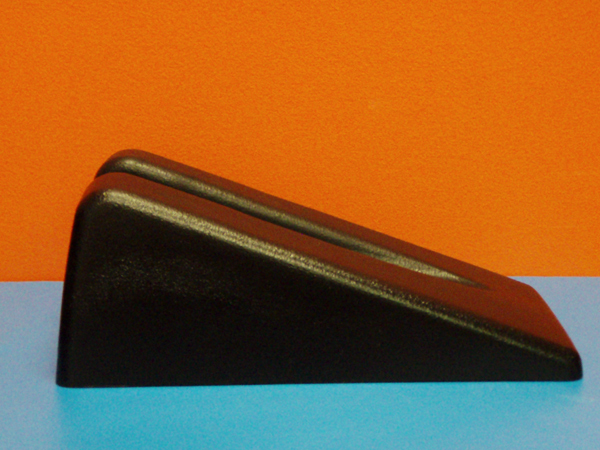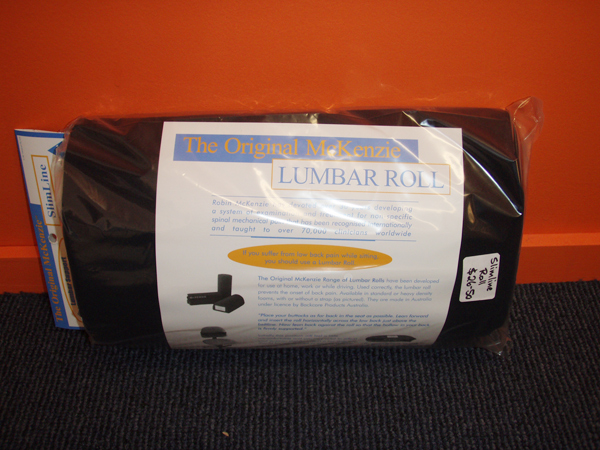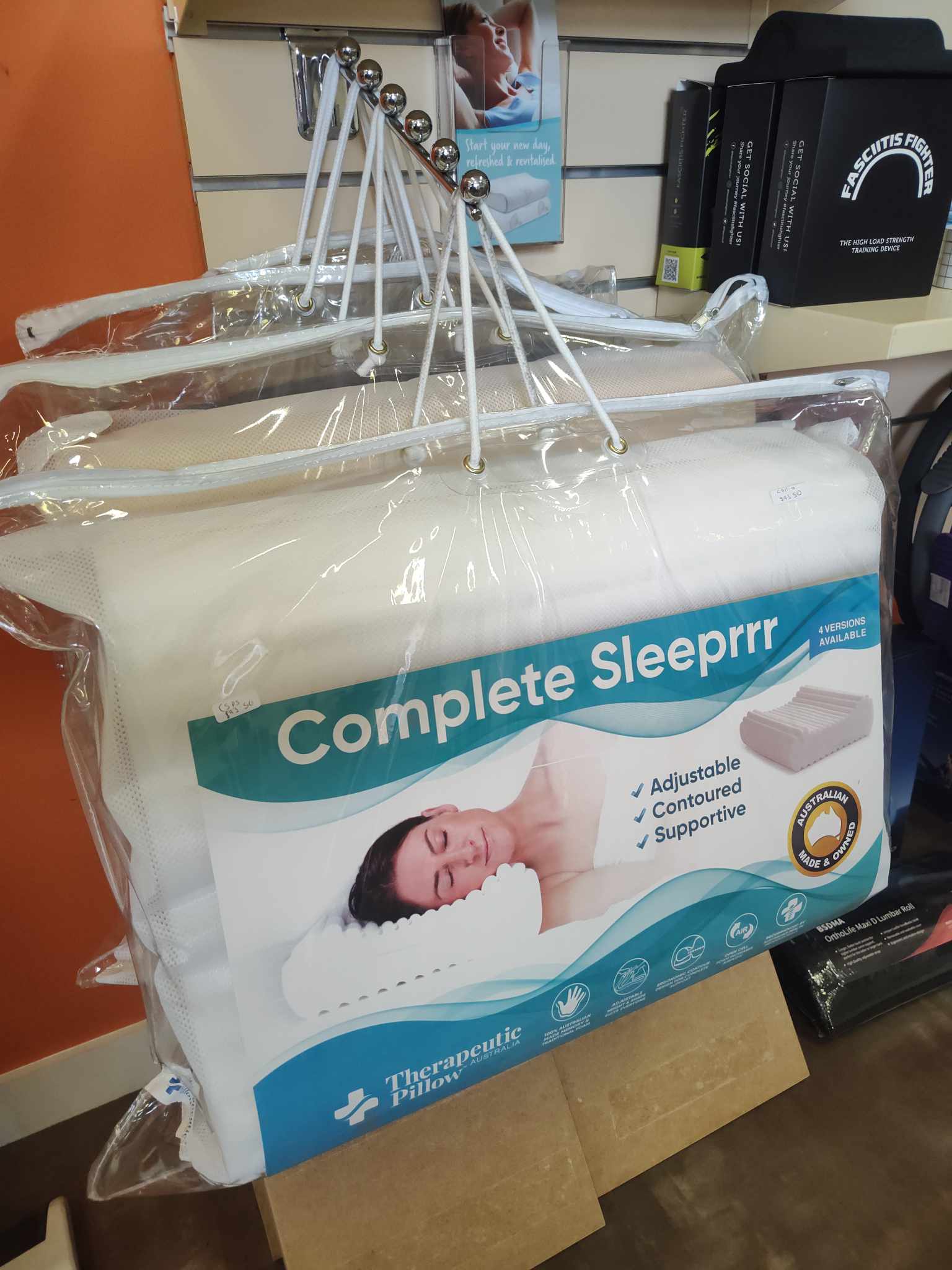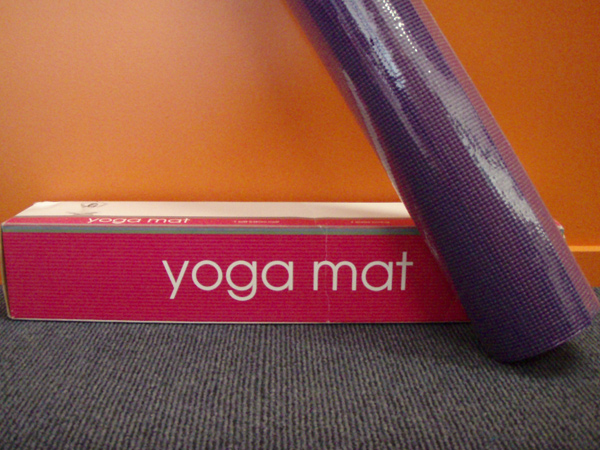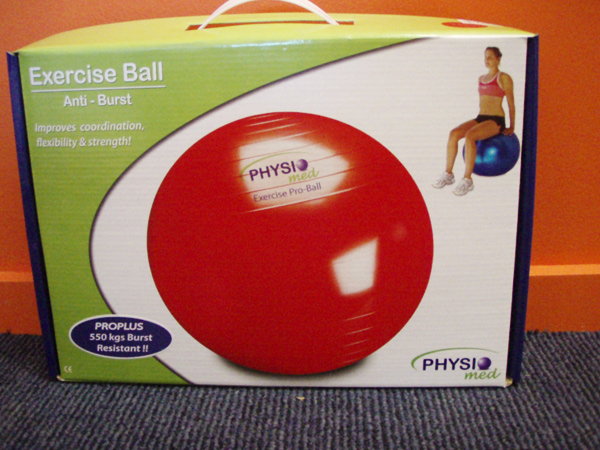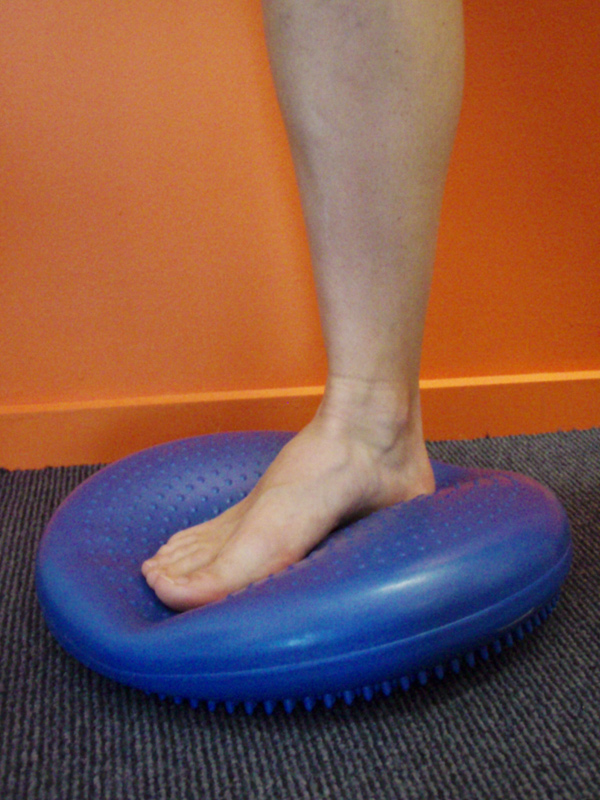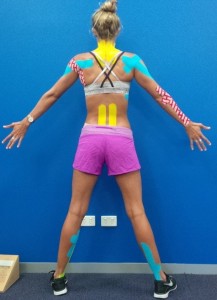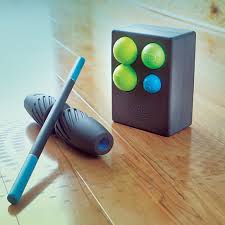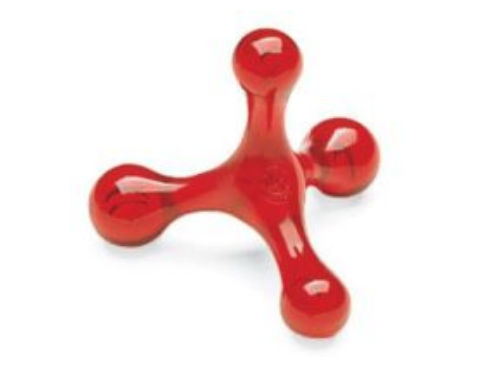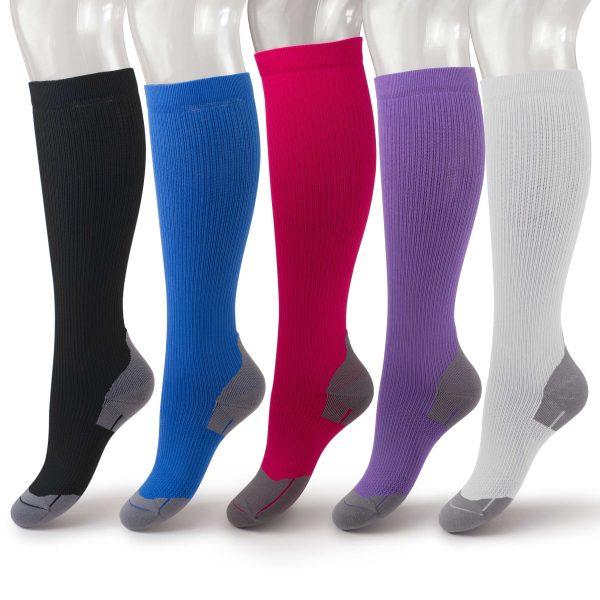June is National Migraine Awareness Month
 If you suffer from really bad, throbbing headaches that cause you to go and lay down in a dark and quiet room until it passes, and after which you feel quite “wiped out” – you may be suffering from migraines. If you suspect that this is you, it is a good idea to see your Dr for diagnosis and medical management of these headaches.
If you suffer from really bad, throbbing headaches that cause you to go and lay down in a dark and quiet room until it passes, and after which you feel quite “wiped out” – you may be suffering from migraines. If you suspect that this is you, it is a good idea to see your Dr for diagnosis and medical management of these headaches.
Migraines are headaches of moderate to severe intensity which are usually one sided, are characteristically throbbing/pounding in nature, and most often will prohibit activity. Associated symptoms are light and noise sensitivity, nausea and vomiting. Some migraine sufferers have a type of migraine where they have a warning sign called an aura which they experience prior to the onset of the headache. Examples of auras: seeing zigzag lines, seeing stars/sparkles, coloured spots, flashes of light, blind spots, tunnel vision; tingling hands/feet.
Migraine sufferers often have neck pain too, which can be helped with Physiotherapy. While migraines are not caused by the neck, those who suffer from concurrent neck pain can benefit from treatment involving some manual therapy to the neck joints and neck soft tissues, as well as some therapeutic exercises.
We can also provide advice on lifestyle modifications, sleep hygiene, trigger identification, exercise, stress management etc which can help manage the migraines. A dietician can help with identifying foods that trigger your migraines or with a migraine friendly diet.
Did you know there is such a thing as a Vestibular Migraine?
Confusingly, vestibular migraine may or may not involve headaches in combination with vestibular symptoms such as vertigo, imbalance, and nausea.
These vestibular symptoms may last anything between 5 minutes and 72 hours. The episodes of vertigo can be spontaneous (where you feel like you are moving or that the environment around you is moving); occur after change in head position; occur during head motion; or be triggered by visual stimuli. At least 50% of episodes are associated with 1 of these 3 migraine features: headache (one sided; pulsating; moderate-severe intensity; aggravated by activity); sensitivity to light and sound; visual aura.
It is advisable to see a neurologist with an interest in migraines for medical management. They will help with diagnosis, medical management of an attack, preventative medication and advice. A vestibular physiotherapist can help you with education about migraines ( the more you know, the better), trigger identification and management; self- care during a migraine; habituation type exercises to reduce motion discomfort; exercise – like going for a walk out in nature for some “green time”; or return to exercise; and balance exercises if required etc. Your Physio can help to link you with the right medical people for example: GP, Neurologist or a Dietician.
Phone us on 07 5500 6470 for more info.

